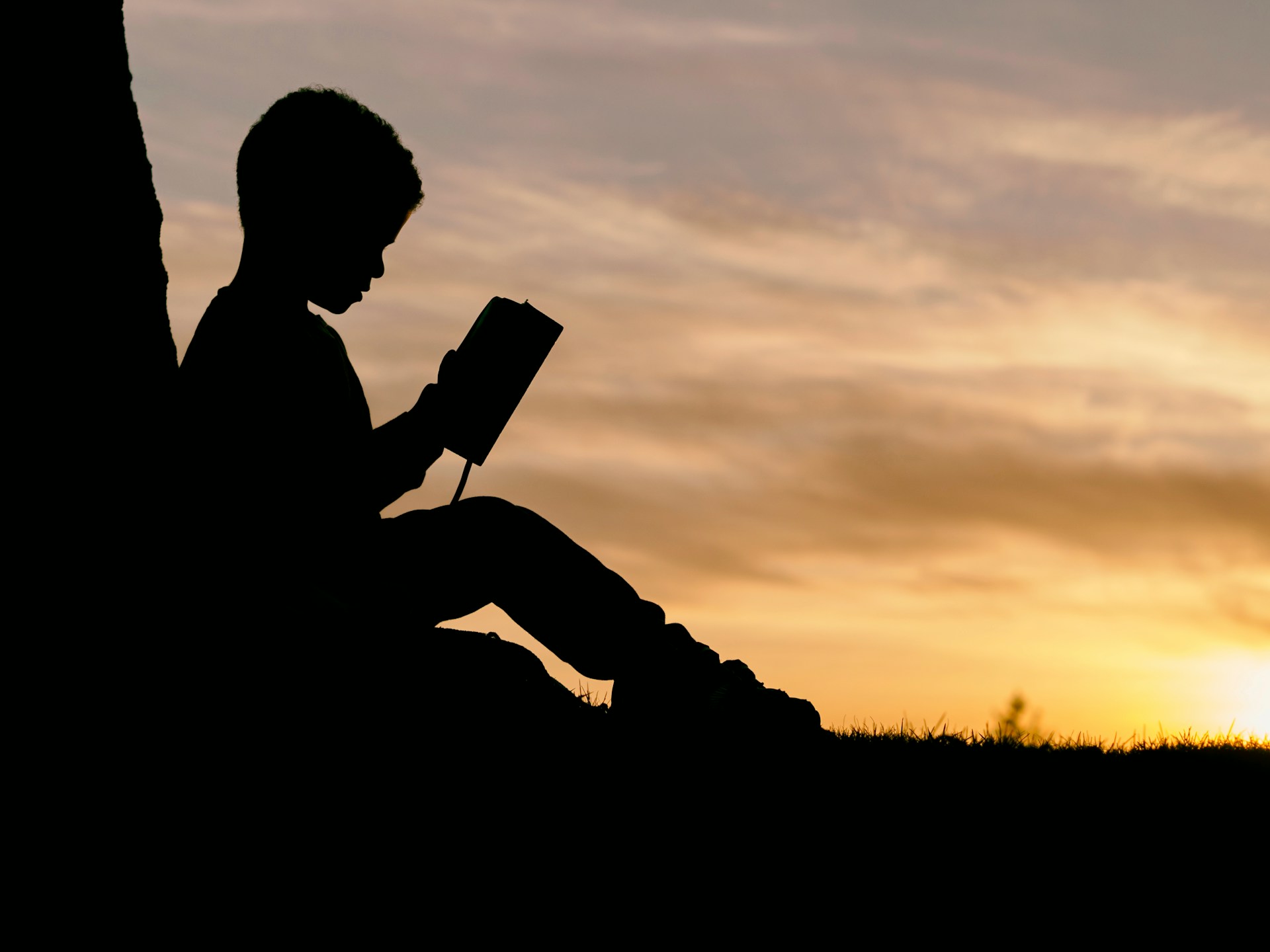
In the United States, homeschooling experienced a 51% increase last academic year, with an estimated 1.9 to 2.7 million American children not attending a traditional school each morning. Contrary to stereotypes, it’s no longer a phenomenon exclusive to rural America.
Like millions of children in the U.S., Tahra doesn’t go to school each morning. It’s not due to a lack of resources or the absence of an educational institution nearby; they live in Park Slope, a neighborhood in the New York district of Brooklyn, surrounded by public schools.
This surge in homeschooling reflects a significant shift in American education. Families across urban and suburban landscapes are increasingly opting to educate their children at home, driven by a variety of factors including dissatisfaction with local schools, concerns over safety, and a desire for a more tailored educational experience that aligns with their values and the specific needs of their children.
The growth of homeschooling in the U.S. is indicative of a broader trend towards personalized education. Parents are seeking more control over their children’s learning environments, curricula, and pace of study. This approach allows for a more flexible schedule, enabling families to incorporate travel, extracurricular activities, and real-world learning opportunities into their educational plans.
Moreover, the rise of digital platforms and online resources has made homeschooling more accessible and feasible for families, offering a wealth of curriculum options, virtual classes, and educational tools that can be customized to suit individual learning styles and interests.
Despite the increase in homeschooling, the movement faces challenges, including regulatory hurdles in some states and concerns about socialization. However, many homeschooling families counter these concerns by participating in co-ops, community groups, and extracurricular activities that provide children with social interaction and a sense of community.
The expansion of homeschooling in the U.S. is reshaping the educational landscape, challenging traditional notions of schooling, and offering families the freedom to pursue learning that is as unique as the city of New York itself. As this trend continues to grow, it will be interesting to see how it evolves and what impact it will have on the future of education in America.
